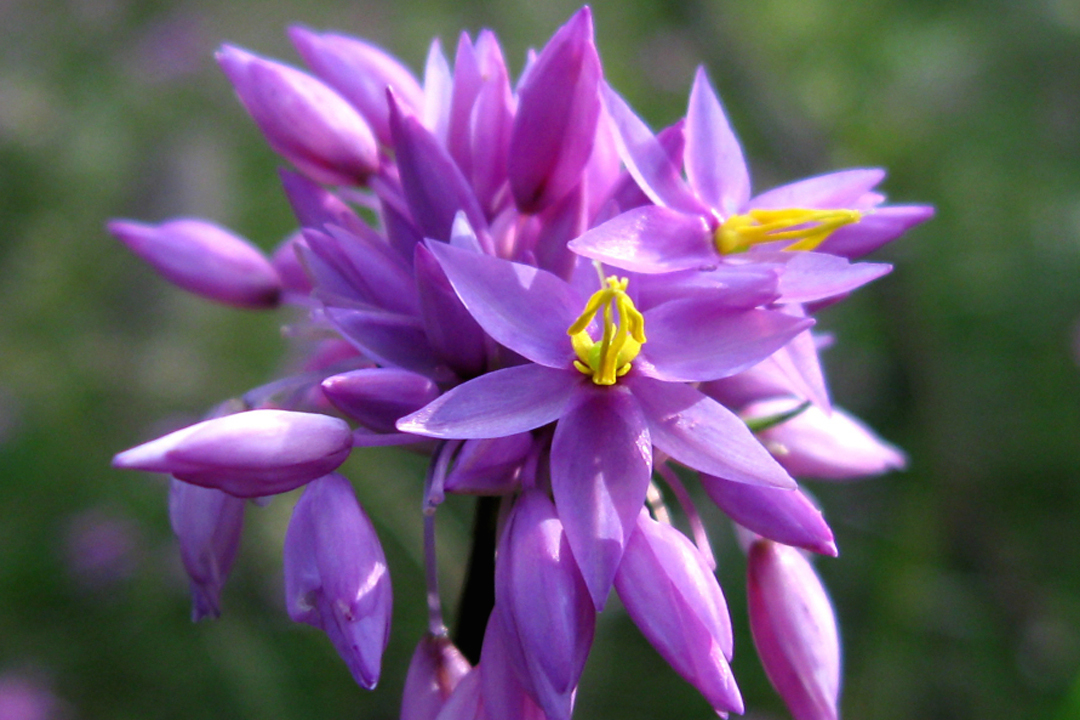
Name: Tina
Age at interview: 32
Gender: Female
Background: Tina is a teacher and comes from Iran. She lives in large city with her husband and their 4-year-old daughter.
About Tina
After difficulties conceiving, Tina and her husband decided to adopt a baby but then Tina became pregnant. After her daughter's birth Tina experienced depression and felt overlooked by her family and husband, but didn't seek assistance. Migrating to Australia and starting to do things for herself helped her feel better.
Clips from Tina's Interview
Hover over the dots along the player timeline or click the icon with three lines to the left of the fullscreen icon to see the name of the Talking Point the clip is from.
More about Tina
Tina described her family in Iran as 'educated' and 'traditional'. After marrying at age 22, she and her husband moved to another city for work. For six years they tried to conceive. During this time, Tina was wrongly diagnosed with polycystic ovary syndrome (PCOS). After several unsuccessful intrauterine insemination cycles (IUI), they decided to adopt a baby. Soon after this decision Tina became pregnant, which she said she thought was a result of being 'relieved' of the stress of fertility treatment.
Tina said that she was excited and proud about becoming a mother. However she found pregnancy physically hard and was anxious that her child would have a disability as a result of the fertility drugs she had taken. Due to experiencing severe nausea, she stopped working and decided to move back to her parents' house. Her husband stayed behind in the city, a five-hour drive away. Tina said she appreciated her parents' support during this time, but did not like being separated from her husband. He was supportive during the pregnancy but they could only meet monthly.
Tina's baby was delivered by elective caesarean. After the birth, her family's attention shifted to her baby. Tina said her husband became 'immersed' in his role as a father and 'forgot' her. As a result, Tina became resentful towards her daughter, and described feeling depressed and crying often. She said she felt that in Iran women were marginalised as mothers, with the primary focus being on the child.
When their daughter was three months Tina and her husband moved to Australia. Early on, her GP advised her to 'do something nice' for herself, which she thought was 'ridiculous' advice. Tina described feeling 'lost' between the traditions of Iran and new attitudes in Australia towards motherhood. In hindsight, she realised her GP had been trying to remind her she was still a person as well as a mother. Her GP also advised her to join a mother's group, which allowed Tina to meet other women who were 'not depressed' and did not 'hate their babies'. She also realised she could be a 'woman' as well as a 'mum'. However, she said her struggle with her role as a mother continued for the next two years.
With her husband's encouragement, Tina enrolled in a master's degree, which she said marked the start of her 'new life.' She started to appreciate her husband for his support and realised that her daughter was the primary motivation for her to continue her education.
Tina said her experiences in Australia have helped her realise that a mother shouldn't 'lose her location in life' as this may mean losing her self-esteem. She also believes that 'without a happy and healthy mum, [a] child will not have a happy and healthy future.' Tina has decided to write about her experiences in an autobiography to pass on to the next generation. She hopes that future mothers can learn from her experiences.
